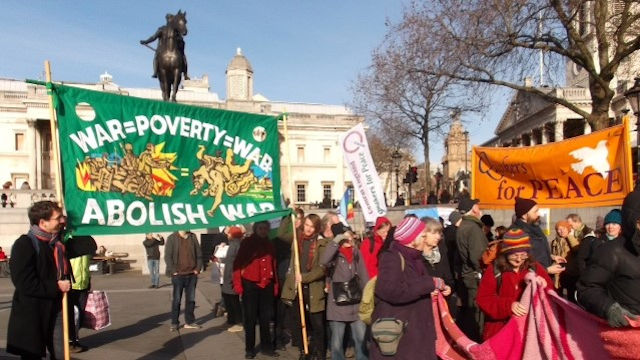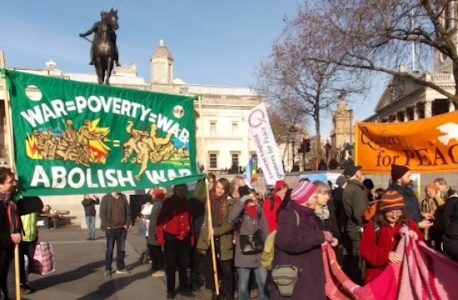1. Why contact the media?
Raise our profile
Getting into the local newspapers, radio, television and online helps raise the profile of MAW, help with our work and attracts new members. If people know what we have achieved and what we do, they are more likely to support us. The more support we get, the bigger our impact.
It gets our message across to a wider audience
Local media is read by many people so using it to share information means your news will spread further. The media is very varied and widespread but targeting local newspapers and radio mean you can reach people who are relevant to your own area.
Free publicity and exposure
Media coverage is free, unlike some advertising. But to earn it, you may need to keep in touch with journalists, offering them well-written news and be willing to speak to them.
It increases our profile among the general public
Media coverage will build our profile in the community, which means we may be able to attract more members and supporters.
It increases our profile among decision-makers and VIPs
Being in the media not only gets us noticed by the general public, but also among decision-makers, VIPs and local government officials / councillors who may then link up with us.
It can shape opinions
One of the most significant powers the media has is that of being able to shape opinions. This presents great opportunities to get more people thinking positively about peace after hearing positive news coverage of what we are doing.
2. How MAW can help
MAW has several committee members who have experience of PR and the media. They will be able to help with publicity plans.
We can support you by:
- Giving you contact details for journalists in your area and make suggestions about who to contact.
- Offering ‘template’ press releases to help promote local activities.
- Giving you advice and support about how to get media coverage for your meetings and events.
- Advising whether or not your idea for a story might be interesting to the media.
3. Top 10 tips for approaching the press
Have a good story
- Try to be objective about your story. If you weren’t involved would you like to read about it in the local paper?
- Think about the ‘sitting on the park bench’ approach. If you heard someone telling the story on the bus would you want to listen?
Know your local media
- Familiarise yourself with your local papers and any local radio stations or magazines, taking some time to read or listen to them.
- What kind of stories do they cover?
- Do they use many photographs?
- Can you see your story in the paper?
Pay attention to deadlines
- Most local papers are published on Thursdays or Fridays and deadlines can vary from Monday to Wednesday.
- Give your story plenty of time to appear. There is no point sending a story to a weekly paper the same week the event is happening.
Making contact
- Phone first and ask for the news desk.
- Be ready with your information but keep it brief. Explain your story in just one sentence first. The reporter is then likely to ask you send something over in writing.
Get the right contact details
- Ensure you get the contact details of the reporter, name, email address and direct telephone number.
Sending the information.
- Use a clearly written press release on branded paper (see template press release).
- Attach the press release to the email with a short “catchy” subject heading and sentence or two of the key points from the release.
- Make it interesting, short and clear – the subject may be the only thing the journalist reads so make this count.
Ensure your news release includes
- Who? Where? What? When? Why? How?
Include your contact details
- Include your name, phone number (home and mobile) and email address.
- Make sure to be available for follow-up enquiries and respond straight away if you are contacted by a journalist – even if only to say ‘I can’t talk now but can I get back to you later?’
Take advantage of social media
- Social media offers the opportunity to contact newspapers and journalists in different ways…
- …and to get your message out to other audiences.
Don’t be disappointed – understand why
- If your piece doesn’t appear try to be objective about why it didn’t appear.
- Perhaps you missed the deadline, or there was other important news that week or you didn’t grab the journalist’s attention this time.
- But don’t be disheartened. Try again taking on board any learning points.



